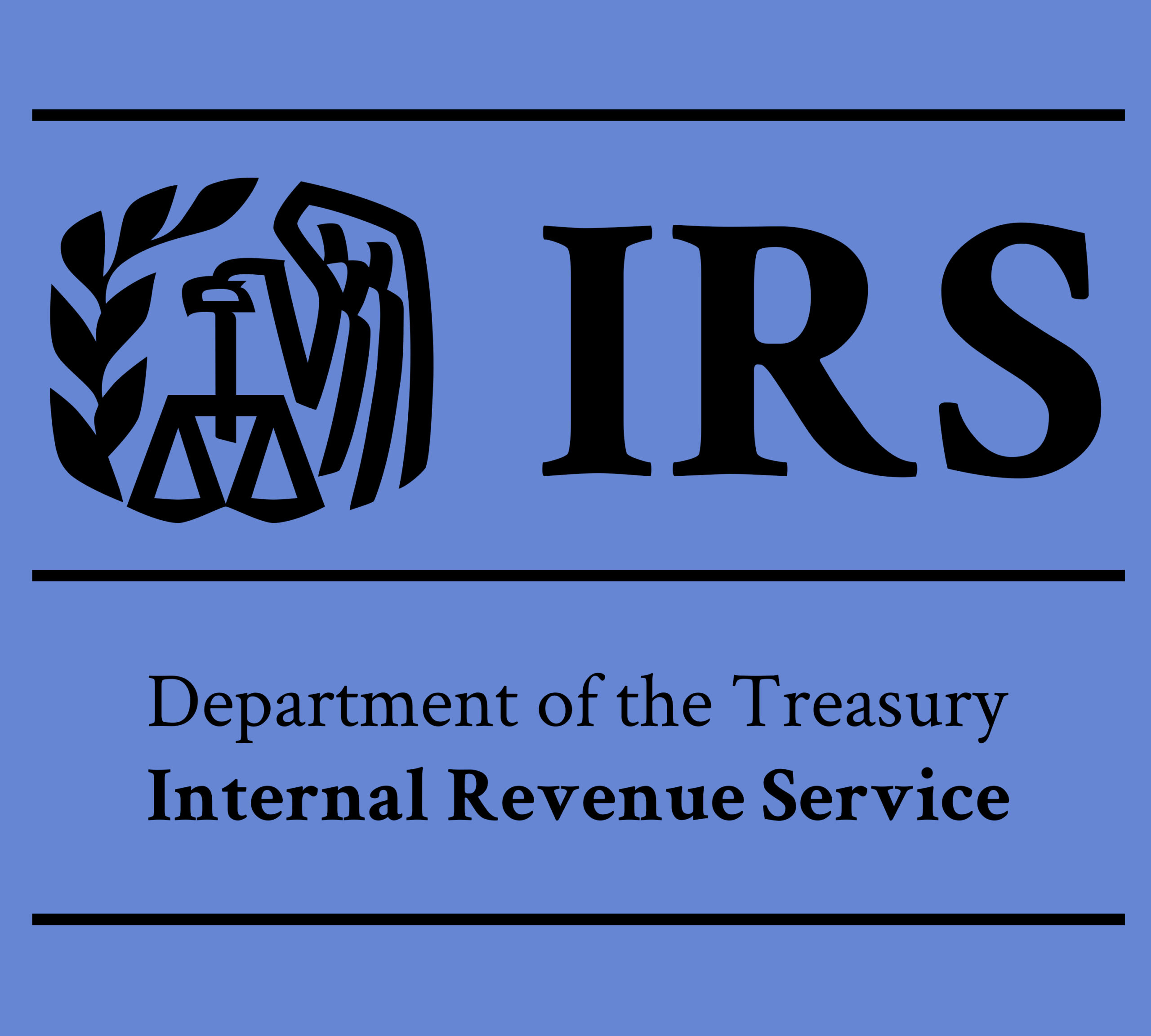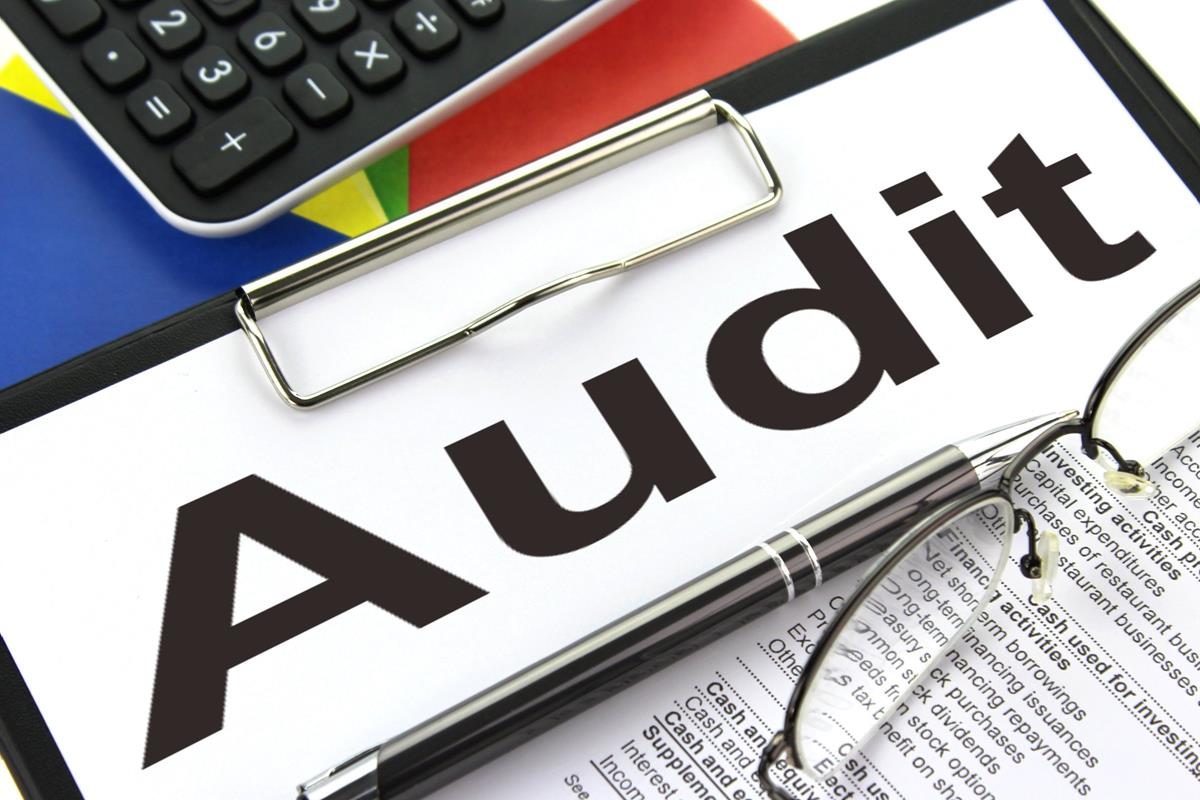Article-at-a-Glance
- Understand the Employee Retention Tax Credit (ERTC) and its relevance to franchises.
- Identify the key documents needed for an ERTC audit and how to organize them.
- Learn the common mistakes in ERTC claims and how to avoid them.
- Recognize the triggers and steps of an ERTC audit to better prepare your franchise.
- Discover how to stay compliant post-audit and where to find professional support.

“10 Franchise Trends To Emerge In 2021” from www.opportunityindia.com and used with no modifications.
Franchise ERTC Audit Essentials
As a franchise owner, you’re always looking for ways to boost your financial power. One opportunity you might not have fully leveraged is the Employee Retention Tax Credit (ERTC). But beware, with this benefit comes the responsibility of compliance. Audits are real, and they can be a headache if you’re not prepared. So, let’s get your ducks in a row and make sure your franchise is ready for any ERTC audits that might come your way.
First things first, what’s the ERTC? It’s a tax credit for businesses that kept employees on the payroll during the pandemic. And yes, as a franchise, you’re likely eligible. But eligibility doesn’t mean automatic compliance. The IRS may audit your claims to ensure everything’s on the up and up. That’s where a solid ERTC audit checklist comes into play.
Decoding ERTC for Franchisees
Imagine you’re a detective, and the ERTC is the case you need to crack. You want to understand every nook and cranny of this tax credit because it could mean significant financial relief for your franchise. The ERTC offers up to $5,000 per employee for 2020 and up to $7,000 per employee per quarter in 2021. That’s a lot of dough!
But here’s the catch – it’s not just about claiming the credit; it’s about being able to prove that you deserve it. That means understanding the rules, like which employees count, what wages qualify, and how your franchise’s operations factor into the equation.
Key Compliance Markers for ERTC Claims
So, what exactly does the IRS look for in an ERTC audit? Here’s the lowdown:
- Eligibility: Did your franchise experience a significant decline in gross receipts or a full or partial suspension of operations due to government orders?
- Qualified Wages: Are the wages you’re claiming for the credit actually eligible under the ERTC rules?
- Consistency: Are your ERTC claims consistent across all locations and quarters?
Now that you know what you’re aiming for, let’s dig into the details of getting audit-ready.
Audit Readiness: Documents to Have on Hand
When the IRS comes knocking, you want to be able to answer the door with confidence. That means having all your documentation in order. Here’s what you need to gather:
Gathering Employee Wage Records
First up, wages. You’ll need detailed records for every employee you’re claiming the credit for. Think W-2s, payroll journals, and anything else that shows what you’ve paid out. These documents are the bread and butter of your ERTC claim, so make sure they’re accurate and easily accessible.
Assembling Proof of Operations and Shutdowns
Next, you’ll need to show the IRS how your franchise was impacted by the pandemic. Did you have to shut down or reduce hours? Gather government orders, sales records, and any other evidence that paints a clear picture of your situation. This is your chance to tell the story of your franchise’s resilience, so make it count.
Remember, the goal here is to have everything ready to go in case the IRS comes calling. By being proactive, you’re not just preparing for an audit; you’re also getting a better handle on the financial health of your franchise. And that’s a win in any book.
Applying for Credits with Accuracy
Accuracy is your best friend when it comes to ERTC claims. Every dollar must be accounted for, and every claim must be backed up by solid evidence. Remember, it’s not just about receiving the credit; it’s about keeping it after an audit. So, triple-check your numbers and ensure they align with IRS guidelines. If you’re unsure, this is where a tax professional can be worth their weight in gold.
Correcting Claim Errors Before an Audit
Errors happen, but what matters is how you handle them. If you find a mistake in your ERTC claim, address it head-on by filing an amended return. This shows the IRS that you’re proactive and committed to compliance. It’s much better to correct errors before an audit than to explain them during one.

“Investigation of IRS | House Committee …” from oversightdemocrats.house.gov and used with no modifications.
IRS Audit Process for Franchises
An IRS audit can be as unpredictable as the weather, but understanding the process can help you prepare for any storm. An audit can cover everything from your ERTC claims to your entire tax return, so it’s essential to understand what’s at stake.
What Triggers an ERTC Audit?
Several factors might trigger an audit, such as discrepancies in your tax filings, excessive claims, or random selection. Most importantly, the IRS looks for red flags that suggest non-compliance with ERTC rules. So, keep your claims reasonable, your documentation thorough, and your filings consistent to avoid raising any eyebrows.
For example, if you claim a high credit amount that seems disproportionate to your payroll expenses, that might prompt the IRS to take a closer look. Similarly, if your franchise locations have inconsistent claims, that could also be a trigger. It’s like a puzzle; if the pieces don’t fit together neatly, it’s a sign that something might be amiss.
Remember, prevention is better than cure. Keeping your ERTC claims accurate and consistent is the key to staying off the IRS’s radar.
Navigating the Audit Steps
The audit process typically starts with a notice from the IRS, followed by a review of your records. They’ll check your calculations, verify your employee eligibility, and ensure you’ve adhered to the ERTC guidelines. Cooperation is crucial. Provide all requested information promptly and be ready to explain your claims.
Resolving Discrepancies During Audits
If the IRS finds discrepancies, don’t panic. You’ll have the opportunity to present additional documentation or clarification. Here’s where your meticulous record-keeping pays off. You can confidently address the IRS’s concerns, knowing you have the evidence to back up your claims.
- Review the IRS’s questions or concerns carefully.
- Respond with clear, concise, and complete information.
- Provide additional documentation as needed.
Remember, the goal is to resolve any issues swiftly and satisfactorily, keeping your ERTC credits intact.
Maintaining Compliance Post-Audit
Once you’ve successfully navigated an audit, it’s essential to maintain compliance. Use the audit findings to strengthen your internal processes and ensure ongoing adherence to ERTC rules. This proactive approach will serve you well in future tax years and audits.
Implementing Audit Findings in Business Practices
Take the lessons learned from the audit to heart. If the IRS provided feedback on your record-keeping or claim calculations, make those adjustments immediately. This not only improves your compliance but also streamlines your operations, making your franchise more resilient and financially sound.
Staying Current with ERTC Amendments
The ERTC rules have evolved since their inception, and they may continue to change. Stay informed about any updates or amendments to the program. This ensures your franchise remains compliant and maximizes the financial benefits of the ERTC.

“Principle Aspects Covered by Auditing …” from www.toppr.com and used with no modifications.
ERTC Audit Support: Seeking Professional Help
While it’s possible to handle an ERTC audit on your own, there’s no shame in seeking help. Tax professionals live and breathe these regulations, and they can provide invaluable assistance before, during, and after an audit.
When to Consult a Tax Professional
If you’re feeling overwhelmed by the ERTC process or you’ve received an audit notice, it’s time to call in the experts. They can help you:
- Review your ERTC claims for accuracy and compliance.
- Prepare for the audit by organizing your documentation.
- Represent you during the audit, taking the pressure off your shoulders.
Most importantly, a tax professional can provide peace of mind, knowing that your franchise is in good hands.
Now that you’re armed with this knowledge, you’re well on your way to mastering the ERTC audit process. By staying organized, vigilant, and proactive, you can ensure that your franchise not only survives an audit but thrives financially. And if you’re ready to take the next step towards securing your franchise’s financial future, Apply Now for professional ERTC audit support. Don’t wait until the IRS comes calling—be prepared, be compliant, and be confident in your ERTC claims.
Now, let’s ensure that every T is crossed and every I is dotted. Crosschecking your documentation and calculations is like proofreading an important email before hitting send—you want to make sure everything is perfect.
Crosschecking Documentation and Calculations
To avoid any hiccups during an audit, take the time to crosscheck your records. Confirm that all employee wage records match up with the claims on your ERTC application. If you’ve claimed a reduction in revenue, ensure that your financial statements corroborate this. Discrepancies can lead to delays, additional scrutiny, or even the disallowance of your claim, so this step is crucial.
It’s also wise to have a second set of eyes review your work. Whether it’s a trusted manager or an external accountant, an independent review can catch errors you might have missed.
Final Pre-Audit Compliance Checkpoint
Before you consider yourself audit-ready, perform a final compliance checkpoint. This is your last line of defense to ensure that everything is in order. Check that:
- You have all the necessary documentation, including payroll records and proof of eligibility.
- Your ERTC calculations align with the latest IRS guidelines.
- You’ve addressed any discrepancies from previous crosschecks.
If you can confidently say that you’ve done all the above, then you’re ready. If the IRS does come calling, you’ll be prepared to showcase your compliance and the integrity of your ERTC claims.
By being meticulous in your preparation, you not only prepare yourself for an audit but also solidify the financial foundation of your franchise.
Frequently Asked Questions
It’s natural to have questions about the ERTC and the audit process. Let’s tackle some of the most common ones to give you further clarity.
What Exactly is the ERTC?
The Employee Retention Tax Credit is a relief measure for businesses that have kept employees on the payroll during the COVID-19 pandemic. For 2020, it offers up to $5,000 per employee for the year, and for 2021, up to $7,000 per employee per quarter.
How Long Should I Keep ERTC Documentation?
Hold onto your ERTC documentation for at least four years after the date the tax becomes due or is paid, whichever is later. This is the standard period during which the IRS can audit your tax returns.
Can Franchises Claim ERTC for Each Location?
Yes, franchises can claim the ERTC for each location, provided that each one meets the eligibility criteria for the credit. Keep in mind, however, that consistency across claims is key to avoiding red flags.
What are the Consequences of ERTC Non-Compliance?
If you’re found non-compliant, the consequences can range from having to repay the credit with interest and penalties to more severe legal repercussions if fraud is involved. That’s why it’s so important to ensure accuracy and compliance in your claims.
How Can I Make Sure My Franchise is Always ERTC Compliant?
Stay informed on the latest IRS guidelines, keep immaculate records, and conduct regular internal audits. When in doubt, consult with a tax professional who can provide expert advice and peace of mind.
As part of the Employee Retention Tax Credit (ERTC) program, businesses have been able to receive substantial financial relief during the pandemic. However, to ensure compliance and avoid potential issues with the IRS, it’s important to conduct a thorough ERTC audit. This process includes verifying qualification criteria, calculating qualified wages, and substantiating the claim with accurate documentation. For a complete guide on the qualification criteria and steps to prepare for an ERTC audit, businesses can refer to the ERTC eligibility checklist.

